Empowering Careers: A Guide to Training Opportunities for Individuals with Disabilities
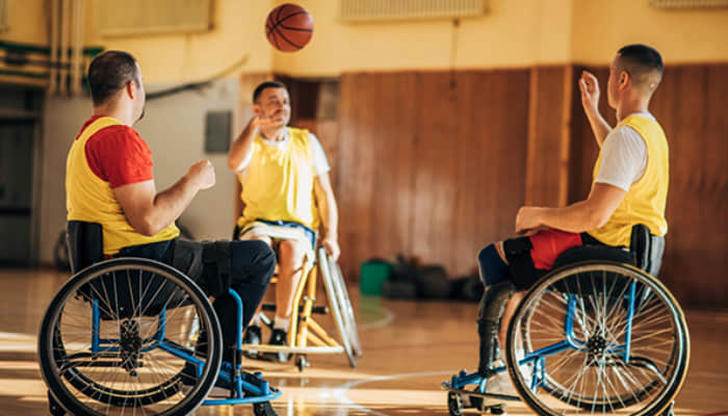
Navigating the path to a fulfilling career can feel overwhelming, especially for individuals with disabilities. But here’s the truth—everyone deserves the opportunity to find meaningful work that brings a sense of purpose and independence. With the right support, training, and encouragement, a world of possibilities opens up.
This guide is designed to provide practical steps and heartfelt advice to help individuals with disabilities find career training opportunities that match their strengths and aspirations.
Understanding Career Training for Individuals with Disabilities
Career training programs exist to help individuals gain skills, confidence, and access to rewarding job opportunities. Whether you’re transitioning from school to the workforce or looking for a fresh start, these programs focus on ability rather than limitations, ensuring that everyone has the tools needed to succeed.
Finding the Right Training Program
The key to success is finding a training program that aligns with your strengths and interests. Here are some excellent starting points:
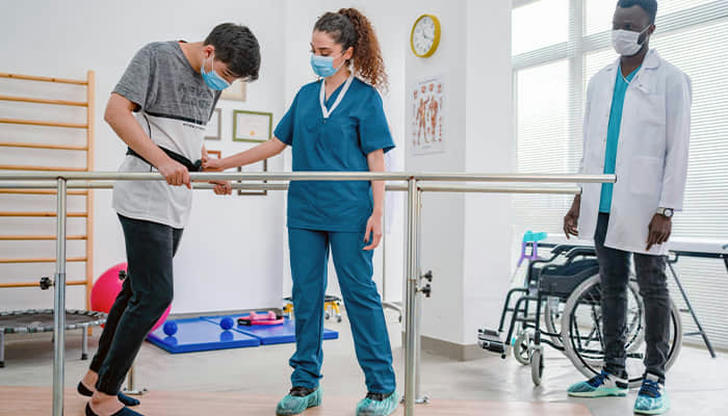
1. Vocational Rehabilitation Programs
These state-funded programs provide individuals with disabilities personalized career counseling, job training, and placement services. Most services are free or low-cost, and the duration varies from a few months to over a year based on individual needs.
Key Details:
Cost: Usually free or subsidized through state funding
Duration: Customized based on individual goals, typically a few months to a year
Services Included: Career counseling, resume building, on-the-job training, and placement assistance
Where to Find: Check with your state's vocational rehabilitation agency
How to Apply:
Visit your state’s vocational rehabilitation website or local office.
Fill out an application detailing your disability and career goals.
Schedule an assessment with a vocational counselor.
Work with your counselor to create an Individualized Plan for Employment (IPE).
Begin training and job placement services.
Eligibility:
Must have a documented disability that affects employment.
Must be able to benefit from vocational services to gain or retain a job.

2. Workforce Innovation and Opportunity Act (WIOA) Programs
WIOA-funded programs offer job training and employment services for individuals facing employment barriers, including those with disabilities. Services include career coaching, paid apprenticeships, and specialized training for high-demand industries.
Key Details:
Cost: Free for eligible individuals
Duration: Varies depending on the training program (can range from a few weeks to over a year)
Services Included: Career guidance, job training, apprenticeships, and job placement
Where to Find: Local American Job Centers (AJCs)
How to Apply:
Visit a nearby American Job Center or check their website.
Attend an orientation session to learn about available programs.
Work with a career counselor to determine eligibility and training options.
Enroll in a training program that fits your skills and career goals.
Eligibility:
Open to individuals with disabilities and other employment barriers.
Priority given to those with financial need or facing challenges in finding work.
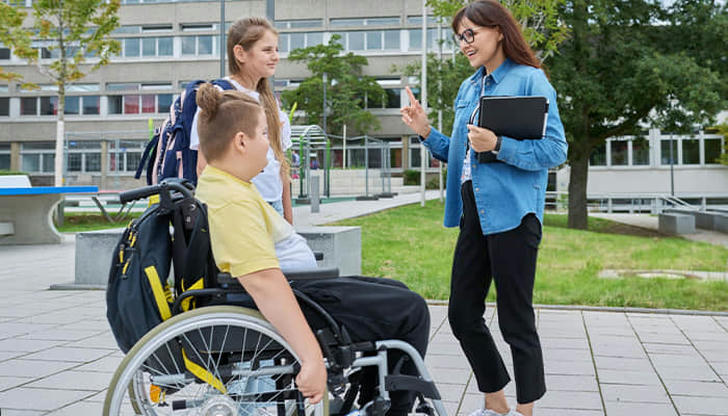
3. Trade Schools and Community Colleges with Disability Services
Many trade schools and community colleges offer specialized career programs that accommodate students with disabilities. These institutions provide flexible schedules, assistive technology, and tailored coursework in fields such as healthcare, technology, and skilled trades.
Key Details:
Cost: Varies ($2,000–$10,000 per program, financial aid available)
Duration: Typically ranges from 6 months to 2 years
Services Included: Disability support services, career counseling, hands-on training, and certifications
Where to Find: Local trade schools, community colleges, or online programs
How to Apply:
Research schools with strong disability support services.
Apply for admission and submit documentation for disability accommodations.
Meet with a disability services coordinator to arrange necessary support.
Begin coursework and participate in job placement programs.
Eligibility:
Open to all students, with additional services available for those with documented disabilities.
Some programs may require a high school diploma or equivalent.
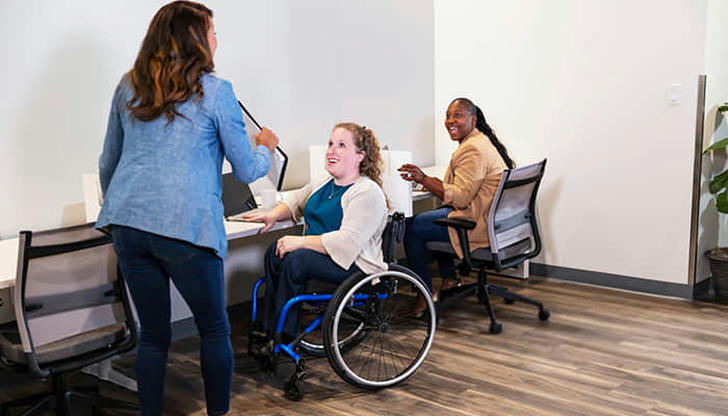
4. Apprenticeship and On-the-Job Training Programs
Apprenticeship programs provide hands-on job training while earning a paycheck. Many industries, including manufacturing, healthcare, and IT, offer apprenticeships tailored to individuals with disabilities.
Key Details:
Cost: Free; apprentices earn a salary while training
Duration: Usually 1–4 years, depending on the industry
Services Included: Paid on-the-job training, mentorship, and career advancement opportunities
Where to Find: Apprenticeship.gov or local trade organizations
How to Apply:
Search for apprenticeship opportunities on Apprenticeship.gov.
Apply online or through a sponsoring employer.
Complete interviews and any required assessments.
Begin paid training while working under industry professionals.
Eligibility:
Open to individuals with disabilities who meet basic job requirements.
Some apprenticeships may require a high school diploma or equivalent.
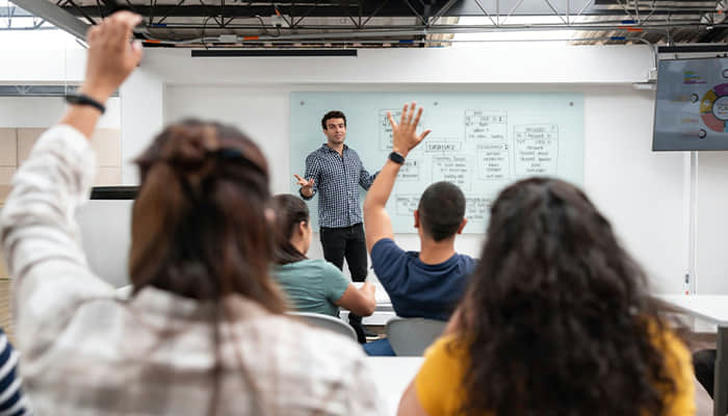
5. Nonprofit and Online Career Training Programs
Several nonprofit organizations and online platforms offer career training designed for individuals with disabilities. These programs focus on skill-building in fields such as technology, customer service, and remote work.
Key Details:
Cost: Free or low-cost (some offer scholarships)
Duration: Typically 3–12 months
Services Included: Online training, job placement assistance, and mentorship
Where to Find: Websites like Hadley, Perkins School for the Blind, or Coursera’s accessibility courses
How to Apply:
Visit the nonprofit’s website and review available programs.
Submit an online application or register for courses.
Complete self-paced or instructor-led training.
Utilize job placement services after training completion.
Eligibility:
Open to individuals with disabilities who want to gain new career skills.
Some programs may have age or skill level requirements.
Building a career as an individual with a disability may have challenges, but it also comes with numerous opportunities for growth and success. Whether through state-funded programs, apprenticeships, or specialized online training, there are countless pathways to meaningful employment. By taking the first step—exploring the right program and applying—you can open the door to a fulfilling and sustainable career. The key is to start today and take advantage of the resources designed to support you every step of the way.
